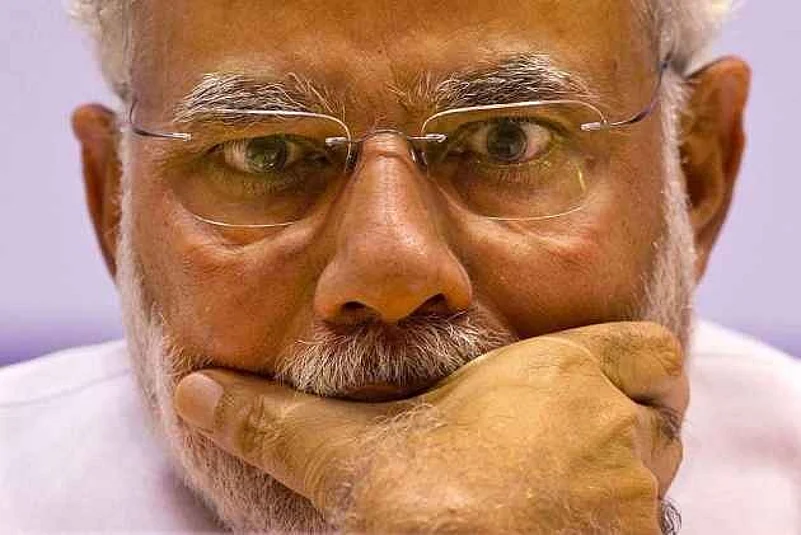Human Rights Watch, a New-York based NGO, lead its 2018 report on India with rising threat of “vigilante violence aimed at religious minorities, marginalized communities, and critics of the government—often carried out by groups claiming to support the ruling Bharatiya Janata Party (BJP)”.
The detailed report released by the NGO said that the ruling Bharatiya Janta Party (BJP) hardly did anything to protect its minority instead it "publicly promoted Hindu supremacy and ultra-nationalism at the expense of fundamental rights for all Indians."
Detailing the menace caused by the vigilante groups, especially the gau rakshaks, it said that "several extremist Hindu groups committed numerous assaults against Muslims and other minority communities in response to rumors that minority group members sold, bought, or killed cows for beef." However, the report observed that instead of taking prompt legal action against the attackers, police frequently filed complaints against the victims under laws banning cow slaughter.
There were at least 38 such attacks in 2017, and 10 people were killed.
"Indian authorities have proven themselves unwilling to protect minority religious communities and other vulnerable groups from frequent attack," Meenakshi Ganguly, South Asia director at Human Rights Watch was quoted as saying. "There needs to be a serious effort to prevent future attacks and to prosecute all those responsible for the violence."
The report also raised serious concerns over privacy-issues plaguing Indian citizens in the times of Aadhaar.
Despite the Supreme Court ruling in favour of "intrinsic and fundamental privacy" and free speech, the report said that the Indian authorities harassed activists, academics and journalists.
"Threats of legal action and arbitrary corruption investigations put increasing pressure on journalists and media outlets to self-censor, the report said.
Even five years after the amedments in laws pertaining to sexual violence, women still uncomfortable reporting such crimes, the report added.
In the 643-page World Report, its 28th edition, Human Rights Watch reviews human rights practices in more than 90 countries.
















